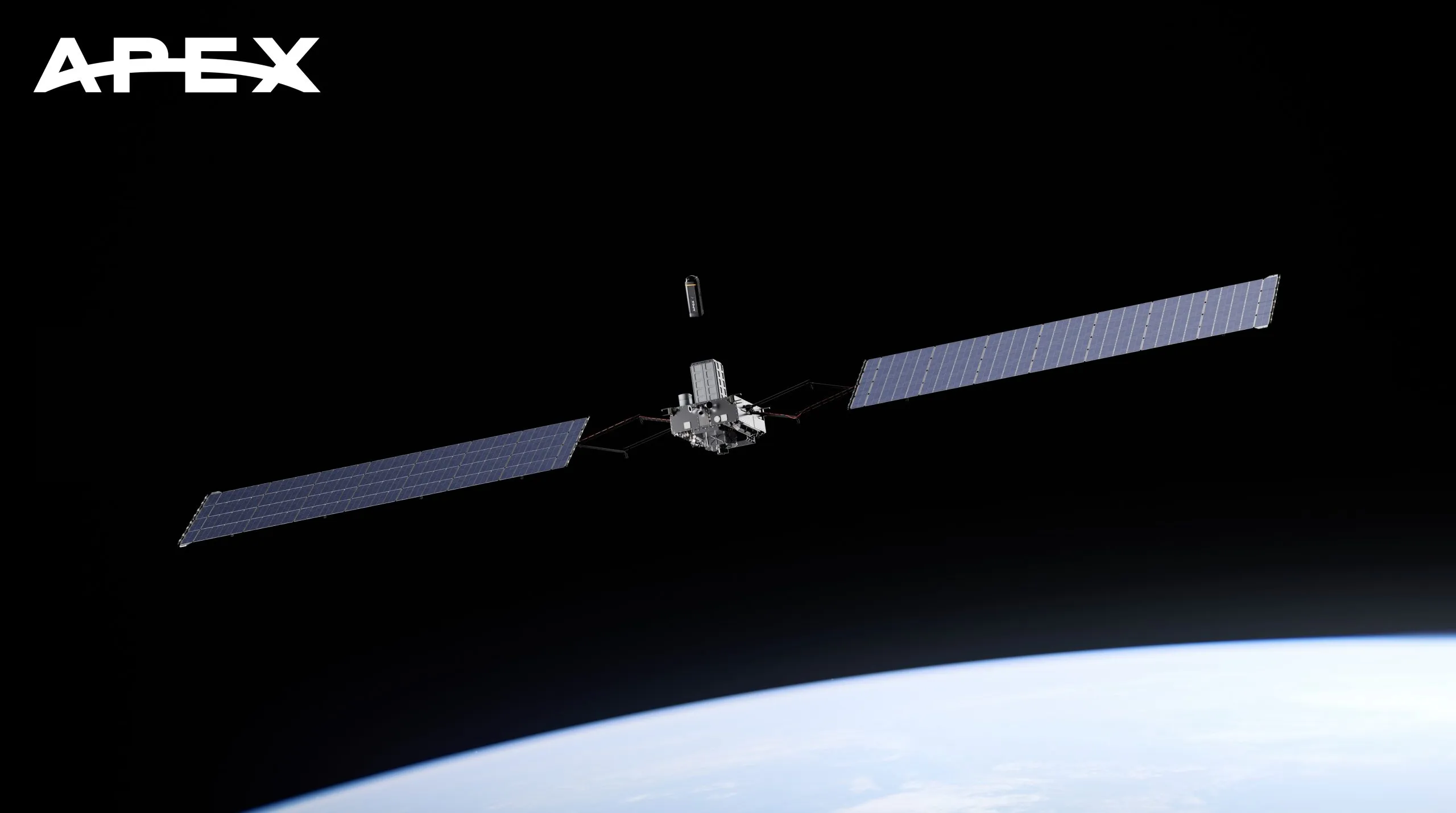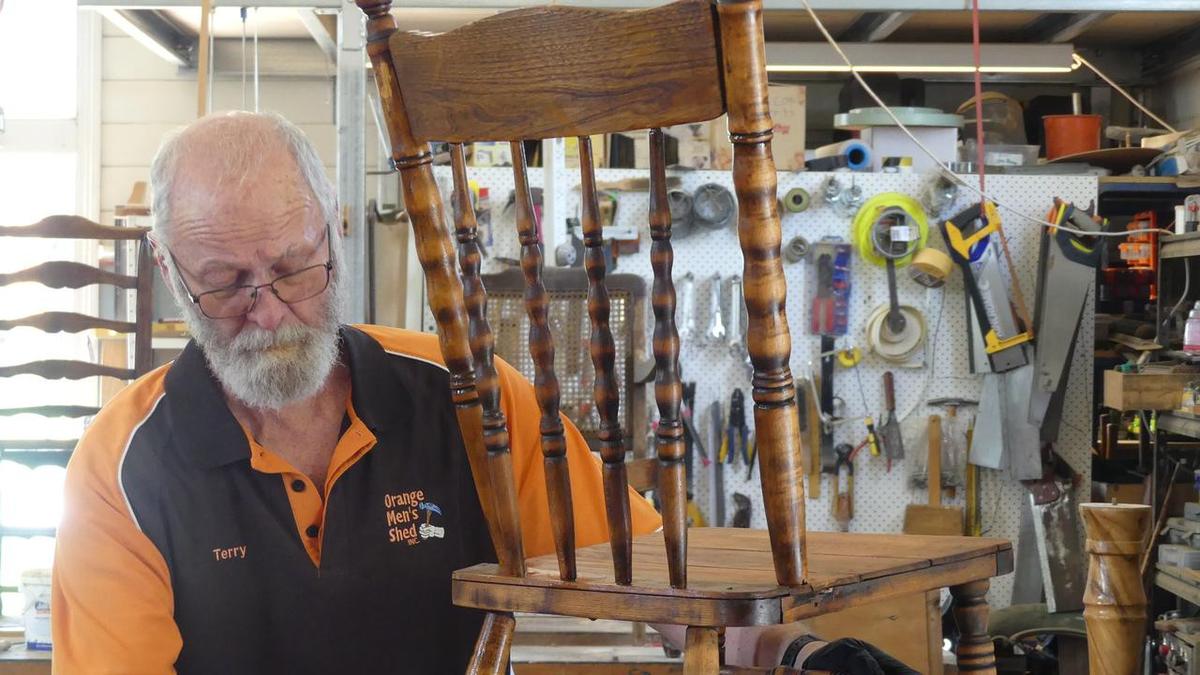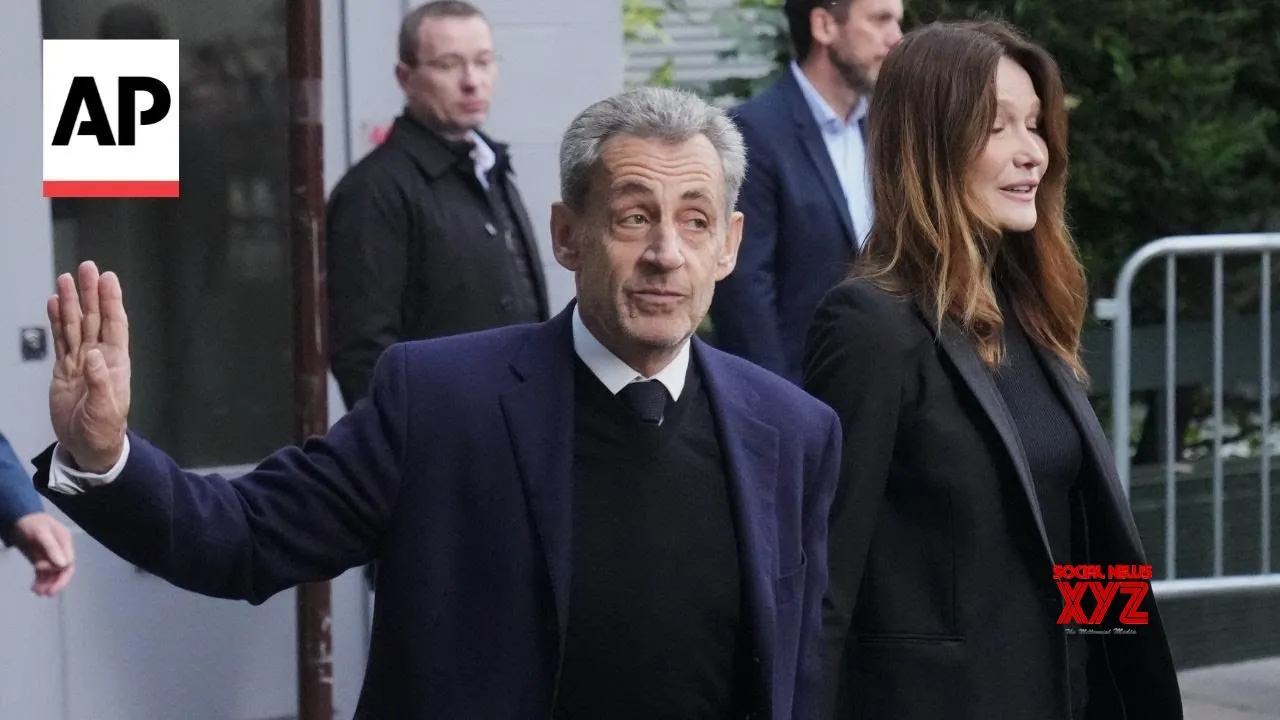Copyright deccanchronicle

Indian actor and comedian, Vir Das, recently questioned the tradition of bursting firecrackers on Diwali, while pointing out its known harmful facts on air quality.Vir took to his X on Tuesday saying, "Whether pre-existing pollution is because of stubble burning, or aliens landing. To know something is already hazardous and then to deliberately make it worse for yourself and your family. It’s inexplicable. Young kids, old parents, their lungs won’t ask whose fault it is."One of the social media users responded to the tweet saying, "Stop driving a car immediately. Don't pollute our environment deliberately."To which Das replied by saying, "A rocket is not comparable to transport…. Unless you shove it up your a**, it’s a VERY large rocket, and your work is VERY close by. Also… please don’t actually try this at home."Some of the other users also wrote their opinions in the comment section. A user wrote, "Governments know pollution threatens lives, yet they don’t treat it as a priority or plan systematically to tackle it. When pollution reaches alarming levels, it becomes a political issue, and instead of solutions, blame is conveniently shifted to others. Is it right?""Then even cars, bikes, scooters, buses, trains should be banned. To know that carbon monoxide and Benzene are emitted by petrol and diesel vehicles, respectively, and then to deliberately use transportation makes it worse for yourself and your family too. It's inexplicable," another wrote.A third person wrote, "Delhi’s air is already bad thanks to cars, factories and endless dust, so adding firecrackers is like pouring oil on a fire and then acting shocked when it burns brighter. Lungs do not care about blame games. Congratulations, everyone, you just beat your own high score."Over the years, major metropolitan cities across India have been grappling with thick smog post Diwali, with their Air Quality Index (AQI) reaching to 'very poor' or 'severe.'In the past 24 hours, the AQI in Delhi has remained in the 'very poor' range, highlighting a recurring post-festival decline in air quality.



